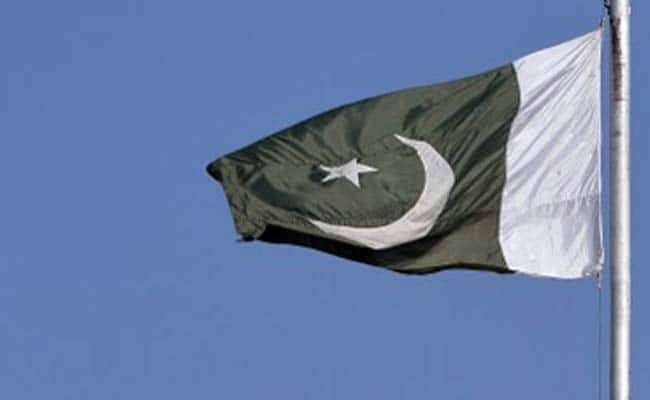
Cash-strapped Pakistan's quest for a $8 billion bailout package from the International Monetary Fund (IMF) by January 15 might not be successful as the global lender wants the government to adopt tougher measures to address the external sector imbalances before sending the country's case to its Executive Board, a media report said today.
The Express Tribune, quoting sources in the ministry of finance, said the two sides made their first contact on Thursday for the first time since November 20 when they concluded their first round of talks for the bailout package.
Finance Minister Asad Umar and the IMF's Washington-based mission chief Harald Finger made contact through a video link, the report said. The two sides discussed the developments that took place during three weeks.
Talks between Pakistan and the IMF remained inconclusive last month after both sides could not bridge the gulf on issues like the increase in electricity prices, hike in interest rate, rupee devaluation and tax collection targets.
At that time, Pakistani officials had claimed that the staff-level agreement could be reached before Christmas holidays and Pakistan could request the IMF to send its case to the next board meeting, tentatively scheduled for January 15, the report said.
Both the sides showed flexibility and talks on Thursday were held in a more conducive environment than last month, said a senior official of the ministry.
The finance minister informed the IMF mission head about developments on exchange rate and monetary policy.
Sources said the IMF welcomed both the developments but urged Pakistan to continue these necessary actions to address the external sector imbalances. The IMF wanted further adjustments in the exchange rate and monetary policy, said sources.
During the video conference, the two sides also discussed the issue of the increase in the electricity prices that remain unimplemented, the report said.
The IMF was demanding 22 per cent further increase in electricity prices to address the issue of the circular debt, the report said.
Meanwhile, Pakistan's debt and liabilities rose to nearly Rs 31 trillion at the end of September 2018 with an addition of Rs 984 billion in just three months, another report in the same newspaper said.
The increase comes amid concerns over a rapid rise in the debt burden in coming months owing to currency depreciation and interest rate hike.
One of the key reasons behind the higher debt was the increase in interest rate and depreciation of the rupee during July-September 2018, the report said.
Pakistan has received an aid package of USD 6 billion from Saudi Arabia and an assurance of financial help from China, both close allies, to tide over the immediate cash crunch.
Track Latest News Live on NDTV.com and get news updates from India and around the world

